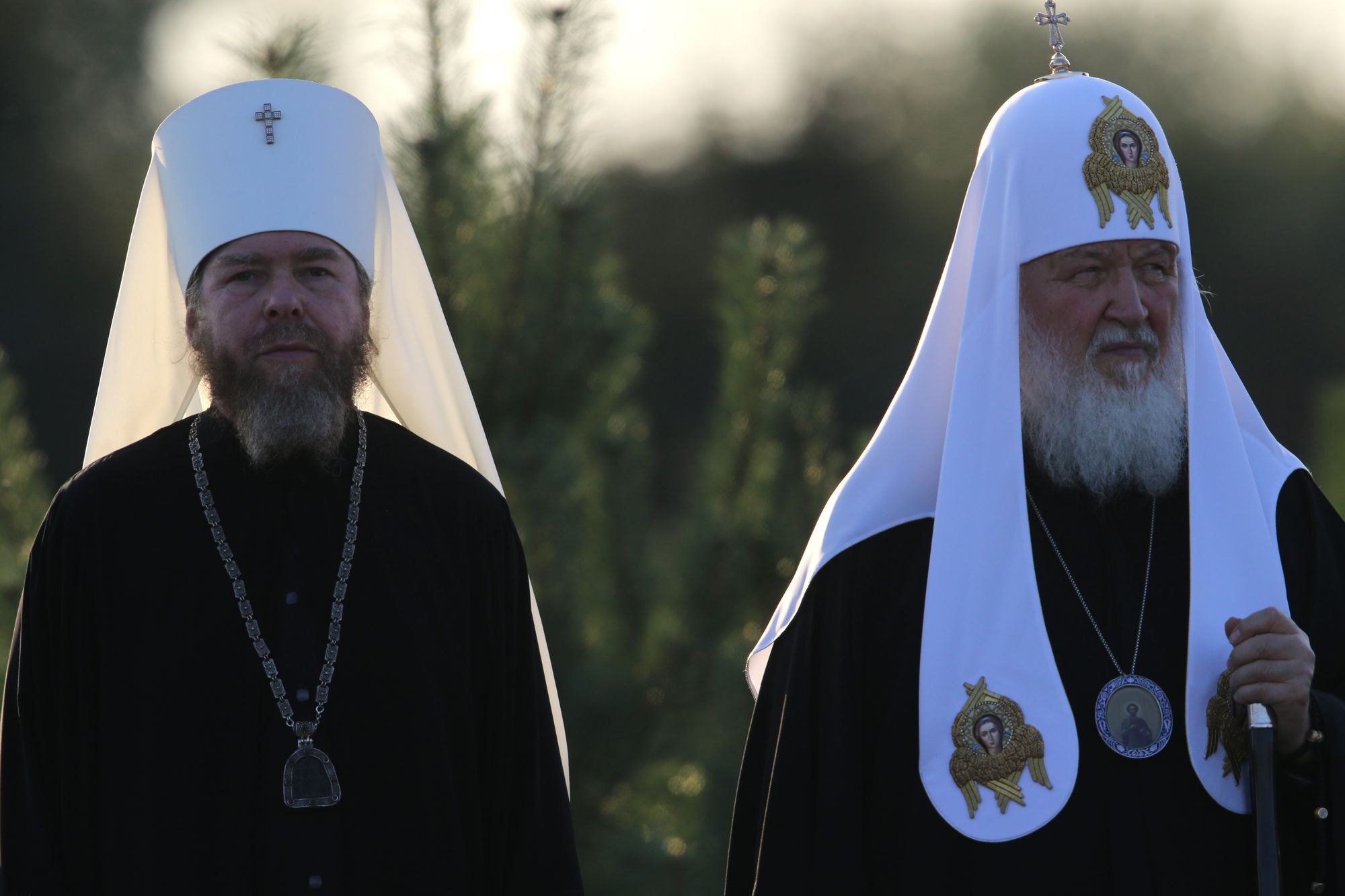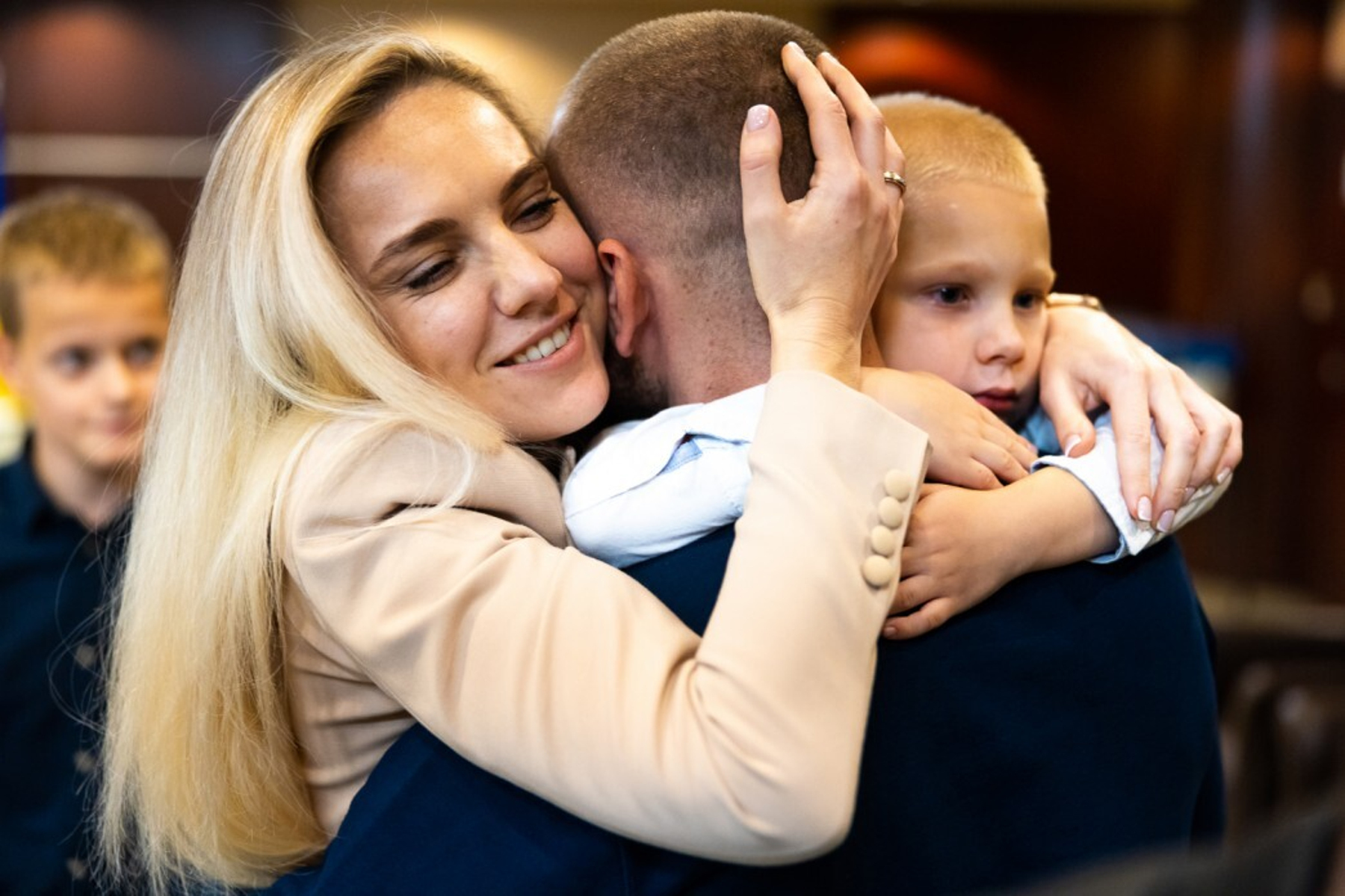Media: Hungary's government was not aware of Ukrainian POWs transfer

High-ranking members of the Hungarian government were not aware of the plan to send 11 Ukrainian prisoners of war (POW) from Russia to Hungary, Radio Free Europe/Radio Liberty wrote on June 15, citing its sources.
The plan was reportedly a personal initiative of Deputy Prime Minister Zsolt Semjén, who negotiated the transfer of Ukrainian POWs of alleged Hungarian ethnicity with the Russian Orthodox Church.
On June 8, the Kremlin-aligned church announced a plan to transfer a group of captured Ukrainian soldiers of "Zakarpattia origin" to Hungary, without involving Ukraine's authorities. Semjén confirmed the plan on June 9, claiming they are already in Hungary as "free people."
Ukraine's Foreign Ministry and intelligence services said they were not aware of the POWs' whereabouts and that Kyiv was not involved. Budapest's representative in Ukraine was requested to provide explanations to the Ukrainian Foreign Ministry.
Radio Liberty noted that the only statements regarding the initiative came from Semjén himself, with the rest of the government not giving any comment.
According to the outlet, Metropolitan Hilarion Alfeyev, the head of the Russian Orthodox Church in Hungary and a confidant of Moscow's Patriarch Kirill, first informed Miklós Soltész, the State Secretary for Church Affairs, about the possibility.
Soltész was then to approach Semjén, who took it upon himself to negotiate with the church's representatives and transfer the prisoners through Schengen Area.
According to Radio Liberty's sources, the Russian Orthodox Church could not carry out this plan without approval from the Kremlin.
From Hungary's side, nor Prime Minister Viktor Orban nor Foreign Minister Péter Szijjártó were informed, Radio Liberty wrote. High-ranking members of the government are reportedly displeased by this episode, as it created an unnecessary scandal with NATO allies.
The current location and status of the group remains unknown.
RBK-Ukraine wrote on June 10 with reference to military intelligence sources that the prisoners are being prepared for a propaganda stunt by denouncing Ukraine and praising the Russian Orthodox Church at a press conference.
The diplomatic relations between Budapest and Kyiv have been historically tense due to the issue of the Hungarian minority in Ukraine. Hungary criticized Ukraine's move to make education in the Ukrainian language compulsory, presenting it as an oppression of local Hungarians.
Ukraine's westernmost Zakarpattia Oblast is home to roughly 150,000 ethnic Hungarians, of which more than 400 are serving in the country's military.
The relationship soured even more since the start of the Russian invasion of Ukraine, as Budapest has repeatedly blocked sanctions against Russia, delayed support for Ukraine, and refused to provide any military aid for Kyiv.












